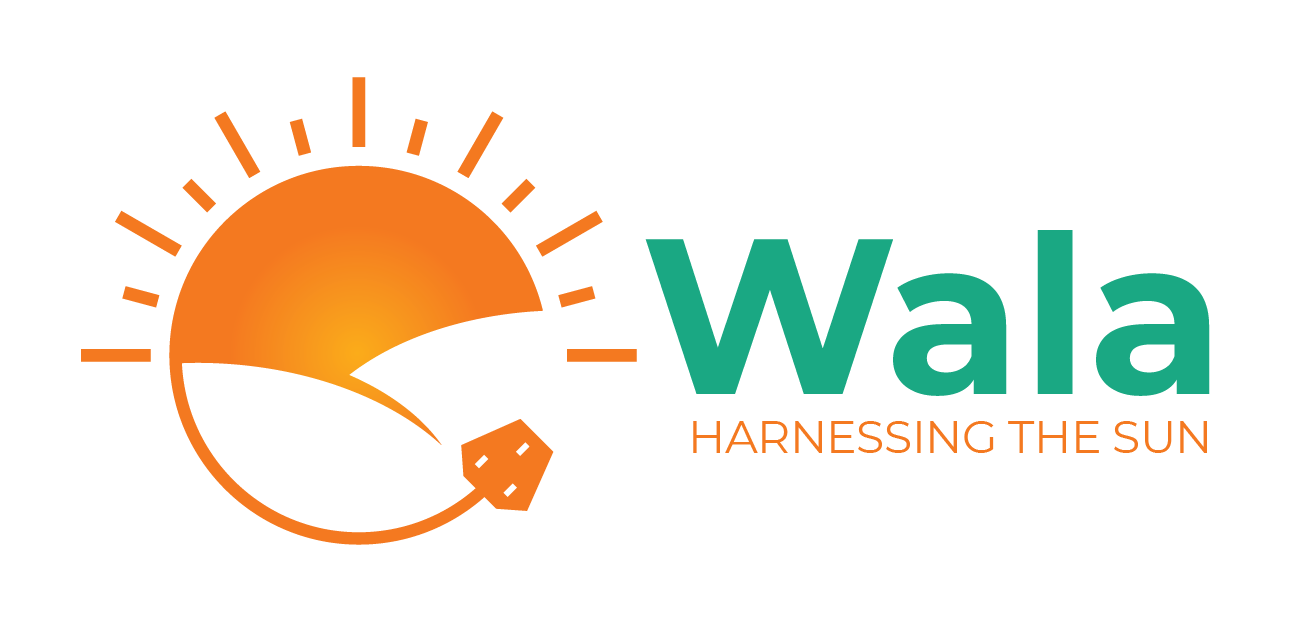Cross-country evidence from a recent study by FAO indicates that growth of agricultural production is 2.8 times more effective in reducing poverty than growth in industrial and services sectors.
Irrigation has been proven to be one of the techniques which can be used to increase and improve farm yields, reduce farmer vulnerability to changing rainfall patterns and facilitate multiple seasonal cropping cycles. Irrigation is often considered the machinery that can help ensure food security, generate income for low-income populations, increase job security and drive rural development (FAO 2018).
Access to irrigation technology gives farmers access to water for agriculture outside of their regular rainy season, giving them room to increase their harvest through additional seasons.
When farmers increase their harvest, they need to have the option to add value to their produce, and as such, the option to shift towards agribusiness.
As such, coupled with farmer support to grow and add value to crops, irrigation has the potential to help turn the agricultural landscape in Malawi around to become a major income generating sector for rural and poor farmer households – and for the country.
However, successful irrigation and value addition require access to regular energy… and there is very limited access to energy in Africa.
Approx. only 10% of Malawi’s 18,000,000 population are connected to the grid, leaving over 16,000,000 people well placed for off-grid energy solutions like solar. Of this potential, only 6% have access to Pico systems and mini-grids while solar powered technology for productive agricultural use is practically non-existent.
At Wala, we are working to connect off-grid renewable energy (solar) solutions to more sustainable agricultural practices. We operate at the nexus between renewable energy (solar), water conservation and sustainable agribusiness.
Our mission and vision are driven by the belief that efficient and highly productive agricultural systems form the backbone of any economy. In Africa, this is even more relevant because land is often the only resource of economic value that rural households – who are the majority – have.

